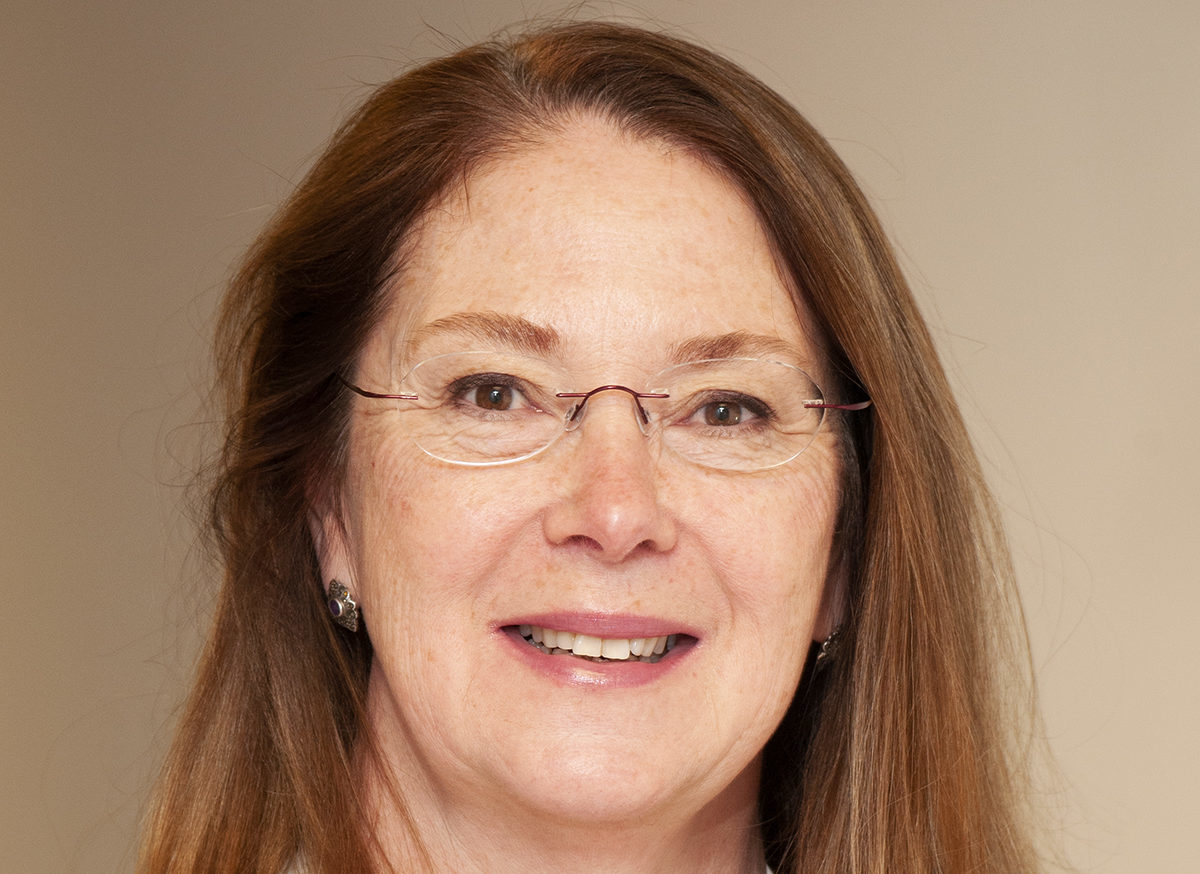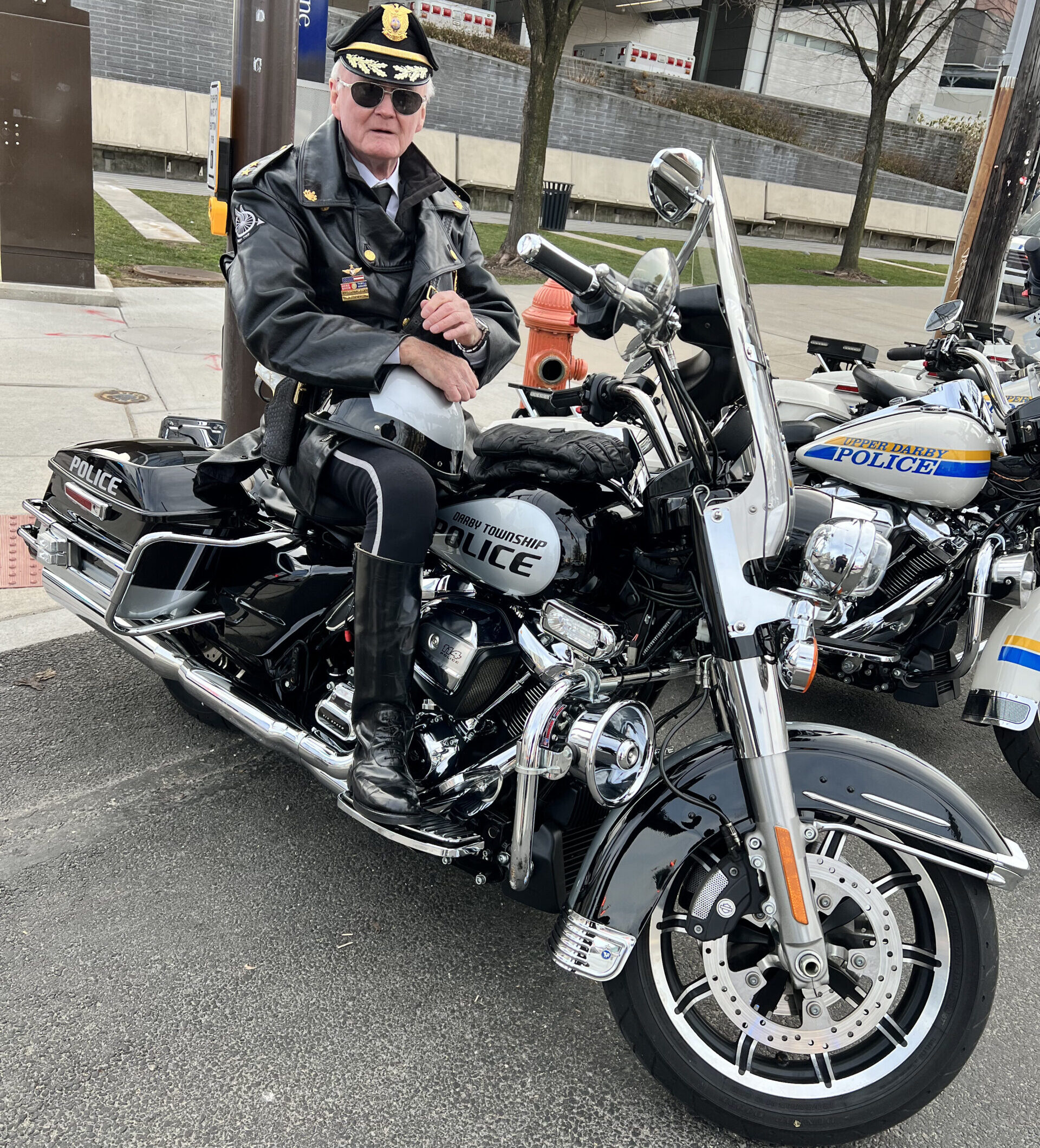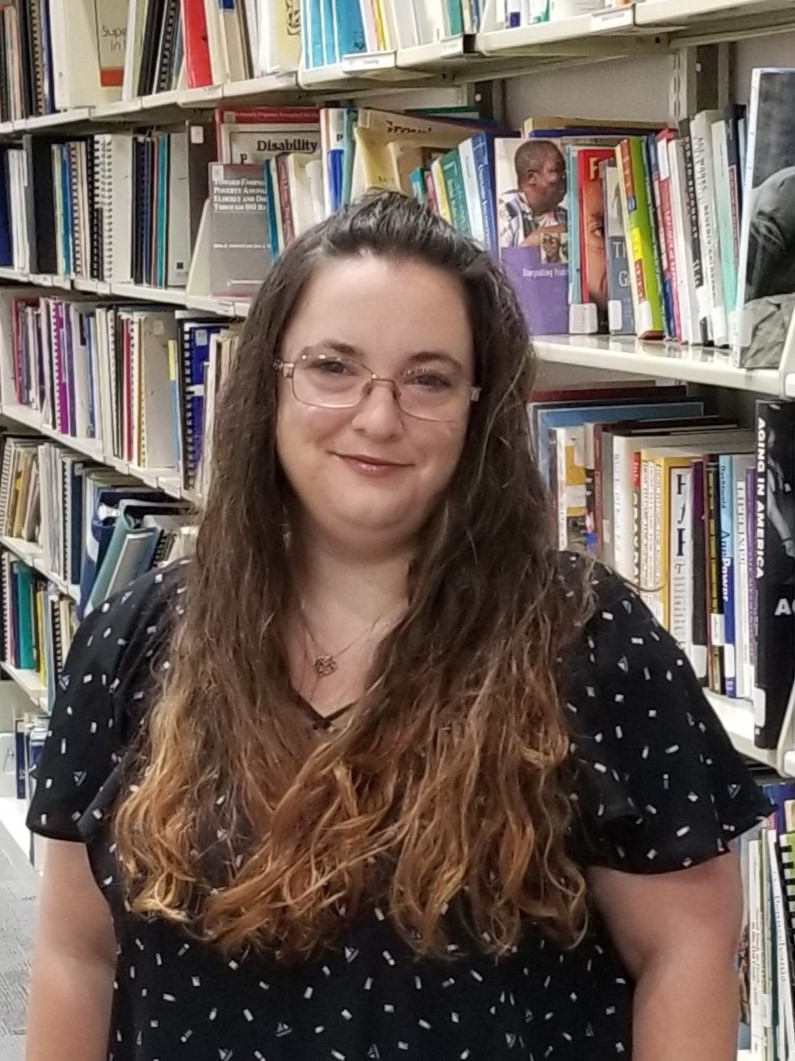Philadelphia geriatrician reveals the secret to longevity
By Jay Nachman
Most people who choose geriatrics as a career cite close relationships with older people as their motivation, according to Philadelphia geriatrician Dr. Kate Galluzzi. Her motivation was her paternal grandmother, Concetta Santore Galluzzi.
“I admired her. I loved listening to her stories about ‘little Johnny J from Avenue J’ and other characters she imagined. Sunday dinners in Brooklyn with the whole family are some of my fondest memories,” said Dr. Galluzzi, who is professor and chair of the Department of Geriatric and Palliative Medicine at the Philadelphia College of Osteopathic Medicine and medical director of the Residentialist Group of home care providers in Philadelphia.
Dr. Galluzzi is former chair of PCA’s Board of Directors, of which she was a member for eight years until stepping down recently. Galluzzi will remain as co-chair of the PCA Board Advocacy Committee to stay connected with the agency and its mission to support older adults.
During her tenure with the Board, Galluzzi took particular interest in the PCA home-delivered meals program and the PCA-supported senior centers, viewing them as “wonderful sources of information and activity. They provide vital camaraderie and engagement for older adults in the city,” she said. Especially since, “our culture values youth and productivity, and needs to emphasize the contributions of older individuals, as well.”
She also praised PCA’s efforts to work with the City of Philadelphia’s Vision Zero Task Force, which is working to eliminate all traffic-related deaths and severe injuries. This initiative, Dr. Galluzzi said, is making the streets safer for older adults.
The social determinants of health (financial security, education, health care access, environment and community) are more likely to lead to healthier lives and better outcomes for people with resources than for urban minority populations. Dr. Galluzzi would like to see more health care dollars spent on reducing or eliminating the racial and financial inequities that govern the social determinants of health.
“There is not nearly enough emphasis on nutrition and social networks that can promote health,” Dr. Galluzzi said.
Her perspective on aging is positive. “Aging is what we want to do,” Dr. Galluzzi said. “Everyone is aging. We always look at the older population as elderly or frail. But aging is our goal.”
There is ample evidence that shows there are things a person can do to age well, she said. These include social engagement and meaningful interpersonal relationships, daily exercise, good sleep hygiene and good nutrition.
As an example of aging gracefully, Dr. Galluzzi recalls a nursing home patient of hers named Lenora, who died last fall at age 111. Lenora came into the nursing home when she was in her late 90s or early 100s.
“She was a role model for all of us,” Dr. Galluzzi said. “She would proclaim how blessed she was and was always full of gratitude. She would get up every morning, go to her armoire and select her outfit for the day. Lenora would dress herself in a skirt, blouse, pantyhose, and pumps. Then, she’d go to the day room and socialize. I really believe that (morning routine) kept her going.”
When asked about the secret to longevity, Dr. Galluzzi likes to say that it’s pantyhose. “Because I think anyone who can put on pantyhose in their 90s or 100s is probably in pretty great shape,” she said. “Lenora was an inspiration. Her gratitude, her acknowledgement that she had needed relationships with people and the fact that she remained active are what kept her with us for as long as she was.”
Jay Nachman is a freelance writer in Philadelphia who tells stories for a variety of clients.




